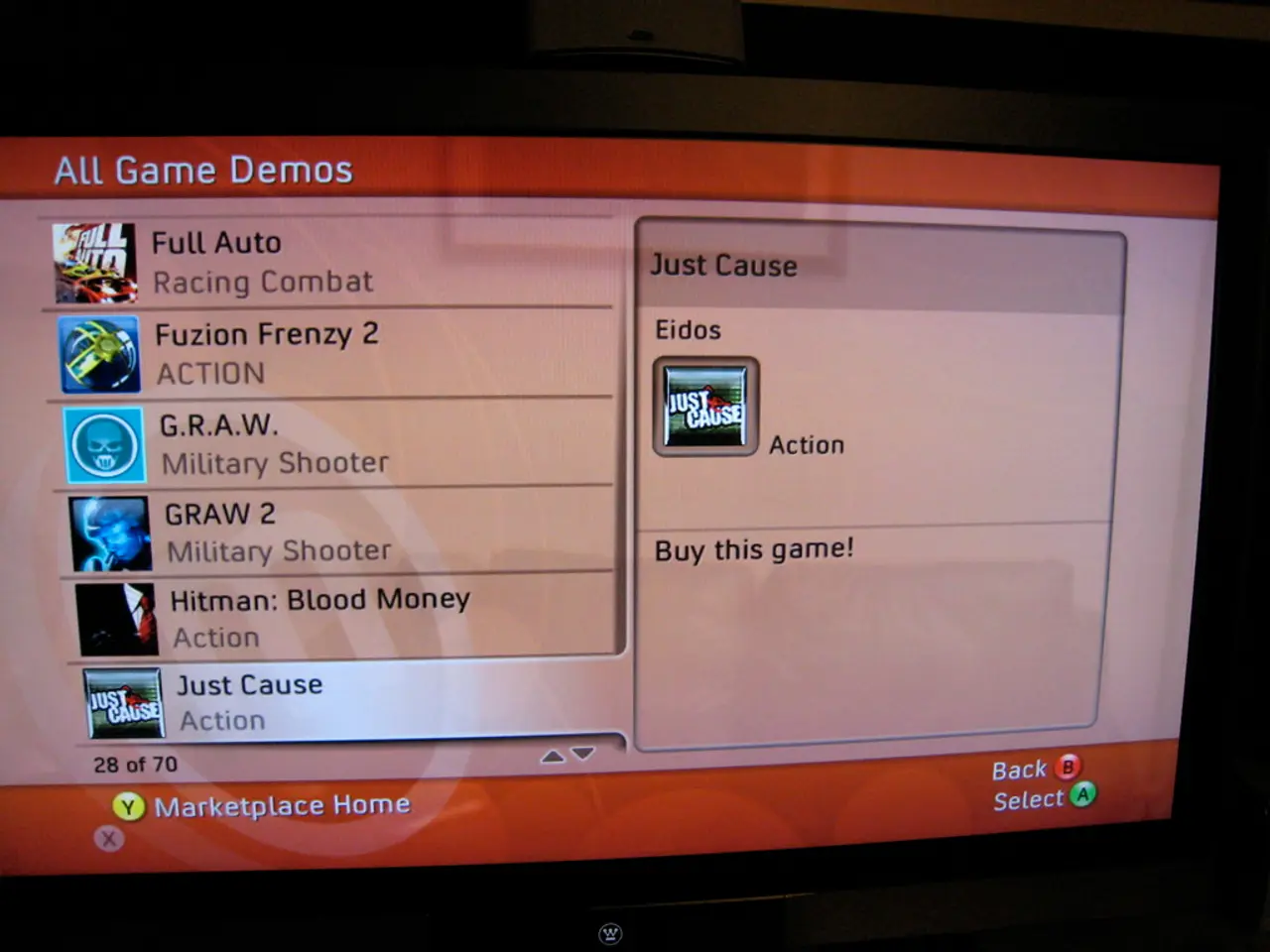How Video Game Enthusiasts Can Penetrate the Publishing Industry
The world of gaming and publishing is evolving, and for gamers with a passion for creating, the opportunity to transition into publishing is more accessible than ever. By leveraging AI tools, digital platforms, and networking opportunities, aspiring publishers can build a successful career in the industry.
1. **Leverage Transferable Skills and Continuous Learning:** Many successful developers began as gamers, using their understanding of game mechanics and problem-solving skills to create games. Platforms that gamify learning, such as CodeCombat or LeetCode, offer a great way to continuously learn coding and game development. Setting clear goals and practicing regularly is crucial to build the technical foundation needed for publishing games.
2. **Utilize AI Tools to Enhance Game Development and User Experience:** AI is transforming gaming by enabling hyper-personalized experiences, adaptive difficulty, and immersive gameplay across various platforms. Aspiring publishers can use AI-driven tools to create engaging, personalized games that adapt to player skill levels, thereby increasing player retention and satisfaction. These tools also help simulate console-quality experiences on more accessible devices, broadening the game's reach.
3. **Build a Strong Portfolio and Publish on Digital Platforms:** Creating and showcasing projects—whether original games, mods, or interactive experiences—on platforms like Steam, itch.io, or app stores, allows new publishers to get visibility. Digital distribution platforms offer accessible ways to reach global audiences without needing traditional publishing deals. Engaging storytelling around your journey and projects adds authenticity and appeal to your brand.
4. **Network and Engage with the Gaming Community:** Participation in hackathons, local meetups, and online forums helps build relationships with other developers, mentors, and potential collaborators. Community managers and content creators often serve as bridges between players and developers, offering insights on audience preferences. Building partnerships with platforms (e.g., Twitch, YouTube) and joining industry associations can also provide support, resources, and advocacy opportunities.
5. **Understand Legal and Market Dynamics:** Awareness of intellectual property and copyright challenges (like DMCA compliance) is key. Collaborating with platforms and advocating for fair policies can safeguard content and maintain sustainable publishing practices. Staying informed about industry trends, including popular game genres and monetization models, enables publishers to align their products with market demand.
6. **Capitalize on Emerging Roles in Gaming:** Gamers transitioning into publishing can also explore related industry roles such as associate producers, community managers, and graphic designers to broaden their expertise in game production, marketing, and user engagement, which are essential skills for successful publishing.
In summary, the transition from gamer to publisher involves combining a passion for games with technical skills development, smart use of AI and digital platforms, proactive networking, legal savvy, and market awareness. This integrated approach maximizes a gamer's chances of turning their hobby into a sustainable publishing career. The future is bright for gamers entering the publishing world, with the potential to work with AI tools, collaborate with experts, and forge their own path.
- By merging their creativity in game design with the precision offered by Artificial Intelligence, gamers can produce games that deliver immersive and tailored experiences, setting themselves apart as innovative publishers in the industry.
- To stay ahead in this ever-evolving gaming landscape, it's crucial for ambitious publishers to integrate lifestyle aspects like learning, networking, and brand-building with technology advancements such as AI and digital platforms, leading to a harmonious marriage of creativity and innovation.




